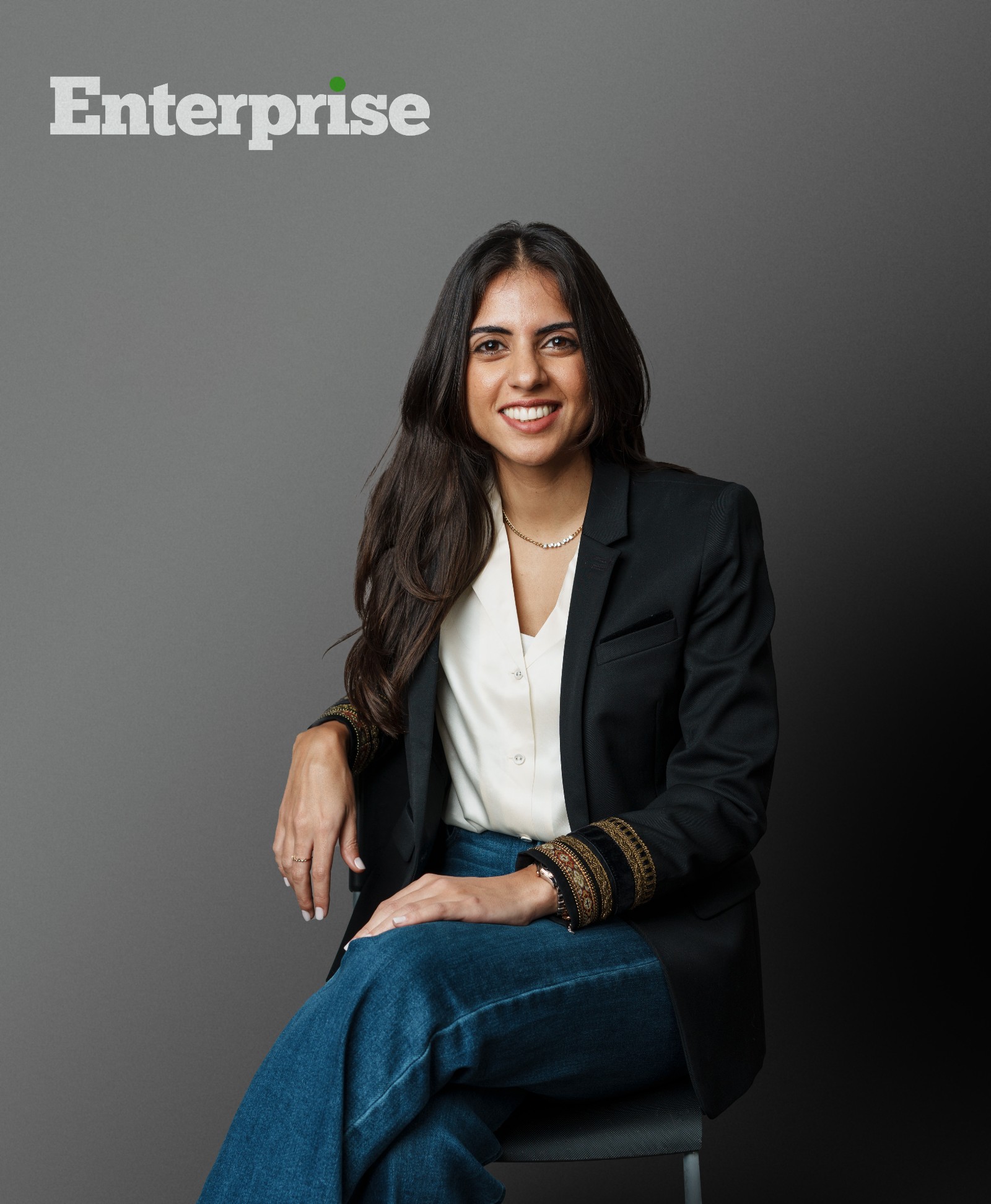Nada El Ahwal’s three criteria for choosing which export industries to focus on

We recently had breakfast with 20 top CEOs to talk about why exports and FDI are key to our economy going forward. After reading our five-step recipe for turning Egypt into a global export hub and FDI magnet, every participating CEO has agreed to answer two questions on the record.
We’ve already heard from: GSK’s Mohamed El Dababy | McKinsey’s Jalil Bensouda | Somabay’s Ibrahim El Missiri | ALC Alieldean Weshahi & Partners’ Bahaa Alieldean | HSBC Egypt’s Todd Wilcox | Actis’ Sherif El Kholy | Amazon’s Omar El Sahy | BII’s Sherine Shohdy | Mansour Automotive’s Ankush Arora | Apex’s Tom Maher | Travco’s Moataz Sedky | Cayesh’s Mahmoud Hassan.
Speaking to us today: Nada El Ahwal (LinkedIn) is chief strategy officer at Transmar, an Egyptian shipping and logistics company founded by the El Ahwal family more than 40 years ago. Transmar operates across the Middle East, Red Sea, Arabian Gulf and Eastern Coast of Africa and handled 109k TEUs last year. Transmar parent IACC recently sold a 70% stake to Abu Dhabi Ports Group.
ENTERPRISE- Which industry would you put on a focused short list — and why?
NADA EL AHWAL- I have three criteria for selecting industries to be on an export shortlist: industries that use lots of local components to avoid dependence on imports, value-added products that we can sell at a higher value rather than relying on exporting raw materials, and
sectors that will build an ecosystem of feeding industries to create a ripple effect of industrialization and job creation.
Agri-produce is one of the fastest growing industries where Egypt has a natural competitive advantage and proximity to key global markets such as the EU, which is our largest trading partner. The global landscape makes this especially interesting as food security post-covid has become a key concern for several markets. Tomatoes for concentrate and olives are two great examples where Egypt has a huge competitive advantage in terms of climate and natural resources, but local producers need support on quality and supply chain issues as they currently suffer tremendous losses in production and transportation.
Glass production is another area where we have an advantage thanks to the abundance of raw materials such as sand and limestone. This fulfills the local component and does not depend on imports. Exporting a finished or semi-finished product will yield a far better return than just exporting the raw materials.
Fertilizer is another area where we can add value. Instead of exporting raw materials like rock phosphate, we should focus on producing a final product — phosphate and nitrogen-based fertilizers.
Egypt’s cement industry should capitalize on developments overseas. At a time where Europe is facing an energy crisis, we have a surplus of underutilized local assets. This opens up a market we are well positioned to serve for exports.
And finally, although there is an import component to the manufacture of home appliances and white goods, this sector can both stimulate feeding industries and be competitive abroad in regions where Egypt has favorable trade agreements such as COMESA.
E- Why are exports and FDI the way forward?
NA- Egypt is a net importer and pays a large monthly ticket due to its trade deficit: our imports are significantly larger than our exports in both value and volume. The way forward needs to be focused on reducing this gap by exporting more cargoes at a higher value.